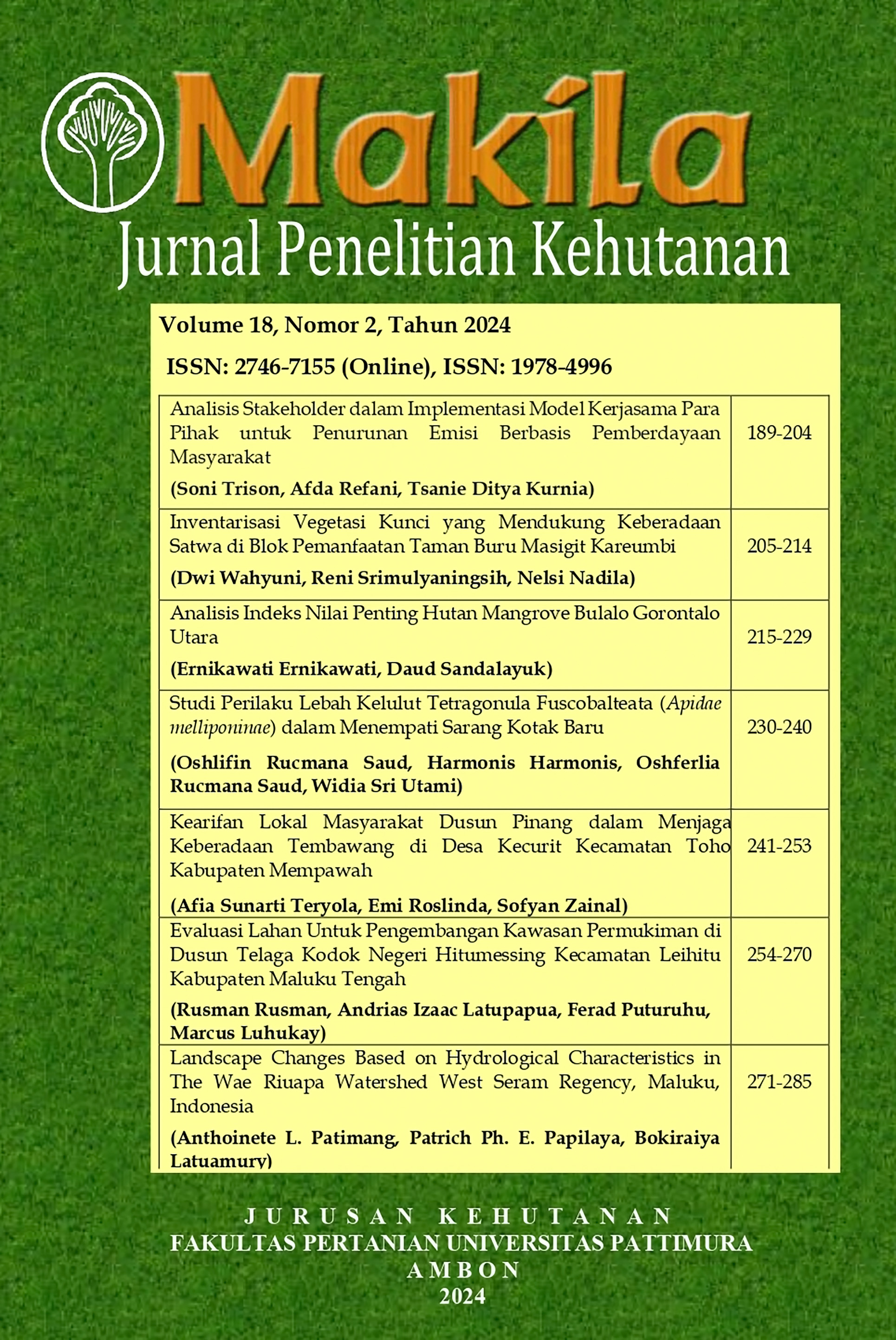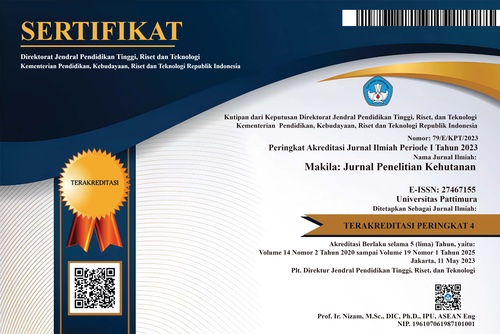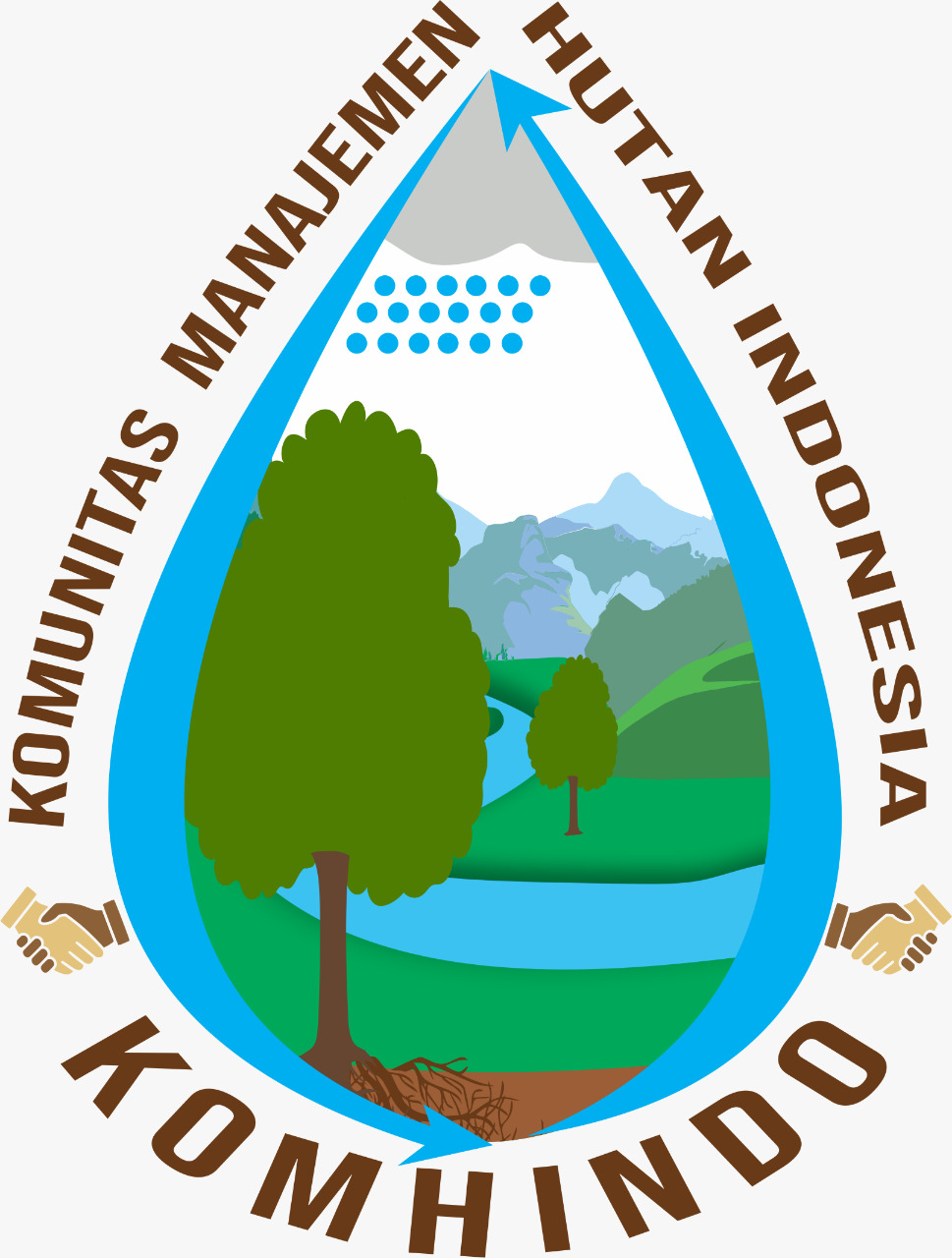ANALISIS STAKEHOLDER DALAM IMPLEMENTASI MODEL KERJASAMA PARA PIHAK UNTUK PENURUNAN EMISI BERBASIS PEMBERDAYAAN MASYARAKAT
Abstract
The use of renewable energy sources (RE) has become a primary focus in global efforts to reduce dependence on conventional energy sources and mitigate their negative environmental impacts. In Indonesia, strategic steps have been taken through the implementation of the National Energy Policy (KEN) and the General Plan for National Energy (RUEN) to promote the adoption of RE. However, current achievements indicate that the target of a 23% energy mix by 2025 requires further efforts. Responding to the global challenge of climate change, Indonesia has strengthened its commitment through the ratification of the Paris Agreement, which aims to significantly reduce greenhouse gas (GHG) emissions. As a case in point, the province of Banten has initiated collaborations among farmers, Steam Power Plant (PLTU) operators, infrastructure developers, and funding institutions to optimize the use of biomass as a promising renewable energy source. Ensuring effective implementation through cross-sectoral collaboration is crucial to ensuring clarity in roles and responsibilities among all involved parties. Focus Group Discussions (FGDs) have been identified as an effective method to guide the implementation of this collaborative model. This discussion examines cross-sectoral collaboration strategies in GHG emissions mitigation in Banten Province, considering the diverse stakeholder involved. A deep analysis of stakeholder roles, proposed mitigation strategies, and the dynamics of their relationships provides valuable insights for environmental sustainability and policymaking at the regional level. The complexity of stakeholder interactions underscores the importance of integrating public policy with private sector innovation and academic knowledge to support the transition towards a sustainable economy in Banten Province.
Downloads
Copyright (c) 2024 Soni Trison, Afda Refani, Tsanie Ditya Kurnia Ditya Kurnia

This work is licensed under a Creative Commons Attribution 4.0 International License.











